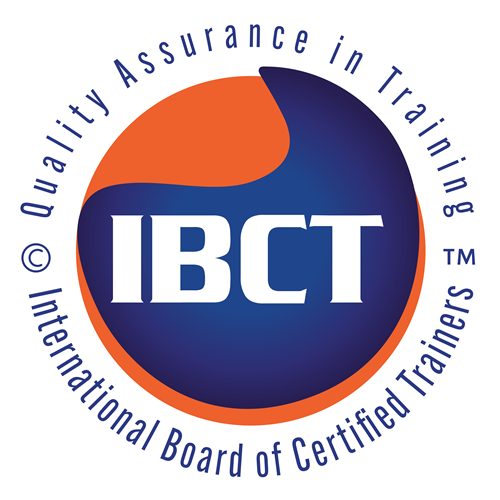What is required in the labor market? It is changing and there is still more to come in the nearest future. Do you still think that a degree is better than certification?
This particular discussion has been a tug of war for quite some time now, but it seems as if the truth is already catching up with professionals in their respective industries. What is required in the labor market is changing and there is still more to come in the nearest future. Do you still think that a degree is better than certification? If yes, then I think you need to check out this concrete reasons why certification is better than a degree. These will no doubt make you change your mind and join the moving train.
Click to view the infographic
Certification Vs. Degree: Which is Better?
An Infographic
This infographic depicts the main differences between earning an academic degree or professional certification in the field of HRD. It might help you to make the right decision that leads to your success. Please feel free to download this infographic and share it with your network. If you need a high-resolution PDF file of this infographic, please leave a comment below in this page and we will email it to you.
It is important to know that this discussion lasts for ages and will never stop, at least in some in the near future. However, I do believe that the reasons given below could give you a solid basis to make a well-founded and balanced judgment.
Certification Vs. Degree
Top 5 Reasons Why Certification is Better than Degree
1- Certification Grades Based on the Level of Skills Acquired
If there is one thing that segregates a professional from an amateur, it is the level of skill acquired. No HR manager will ask you to “define”, the question that he or she will ask, in place of that is “what are your professional skills.” All the modern industries that we have today are out to look for professionals that can do what they claim, but not novice graduates wearing the skin of professionals, all because they have a degree!
2- Certification Has a Single Standard System
The level of standard is one major concern when it comes to degrees. The quality varies! Grades are not good when it comes to skills-based assessment because it varies depending on the standards of the college. While on the other hand, certification is always constant. If IBCT did certify an individual, the quality is assured. It does not really matter from which part of the world he or she got it from. This is because IBCT has exams in place that tests both knowledge and skills at the same time. Frequently customer satisfaction (professional performance) and continuous education are included as well.
3- Certification Gives You Exactly What You Demand
Let’s take, for example, you wish to learn new skills because your employer asks you to pass your expert know-how and professional skills to your fellow workers or customers. With a certification body, all you need to do is to learn exactly what you need to conduct via training sessions and then get certified without taking too many irrelevant courses! But in the case of college degrees, you must pass through certain norms and pass many courses of a certain curriculum. This would lead to a huge work-overload!
4- The Industry Wants Employees with Skills, A Degree is Only A Plus
This particular factor is most pronounced in the IT industry. Having a master’s degree in computer science is nothing compared to having a resume that shows that you are a Microsoft Certified System Administrator, a Red Hat Certified Engineer or Cisco Certified Internetworking Engineer. Speaking of the pay, it is mouth-watering and handsome.
5- Certification Consumes Less Time And it is Cheaper
Attending lectures for a whole day is not the case when it comes to certification. To be certified in a particular field, it takes about a month to ten. This is little compared to the numbers of years that will be spent in college. Speaking of price, it can’t be compared either. College tuition is way more expensive than that of certified courses.
Certification Vs. Degree
Final Thoughts
Lastly, keep in mind that whilst a certificate program might take less time to accomplish, it’s still challenging. You’ll still have to make time to attend training sessions, participate in discussions, read and complete assignments. Alike any academic program, you get out what you put

Join Now
The world’s most powerful and popular train-the-trainer program. Be part of the most empowered HRD community across the globe.



hi, thanks for sharing this information.
Thank you, we appreciated it.
رائع